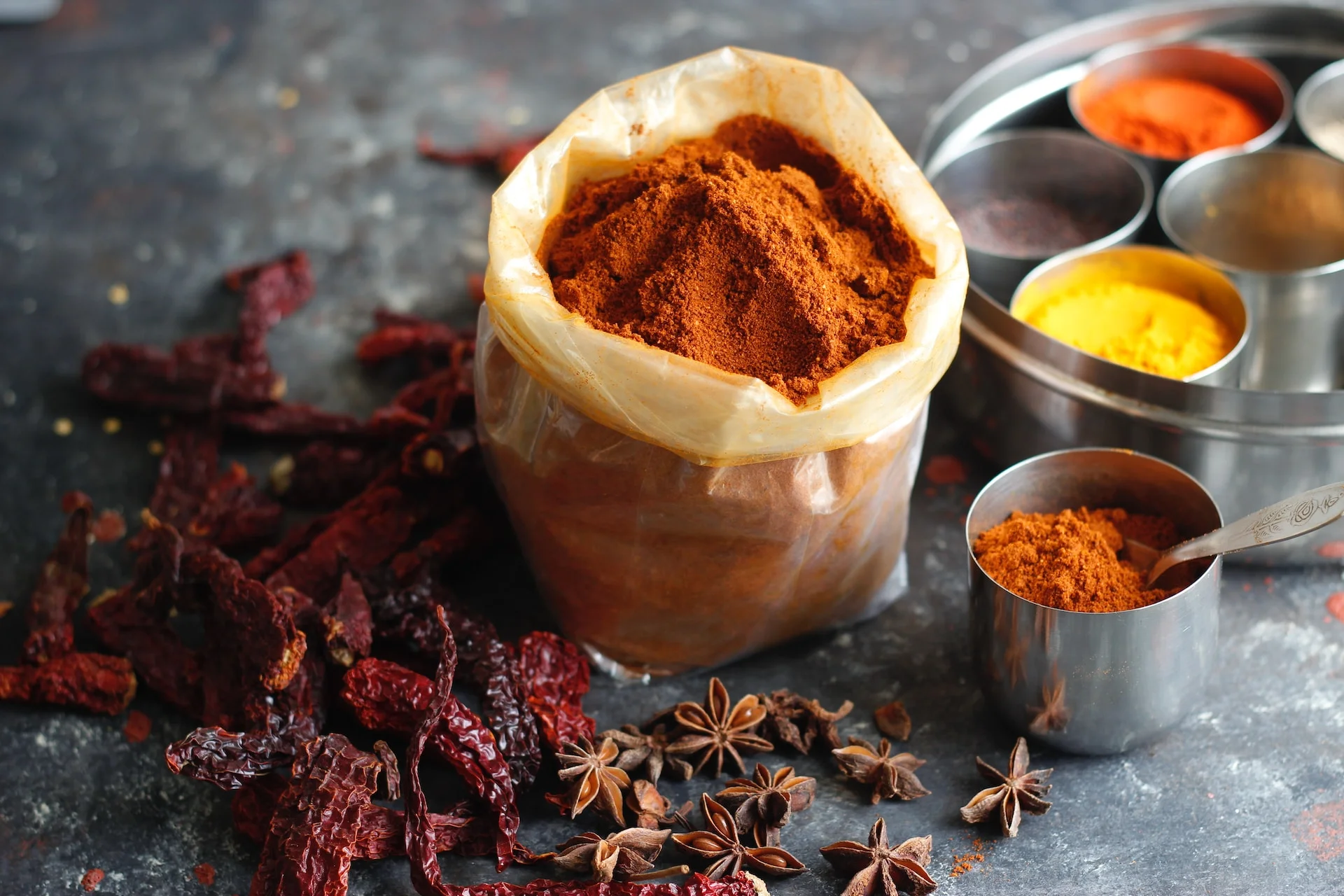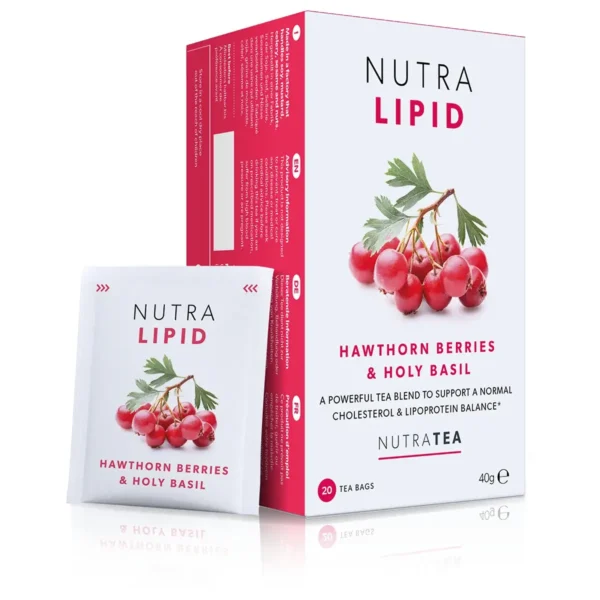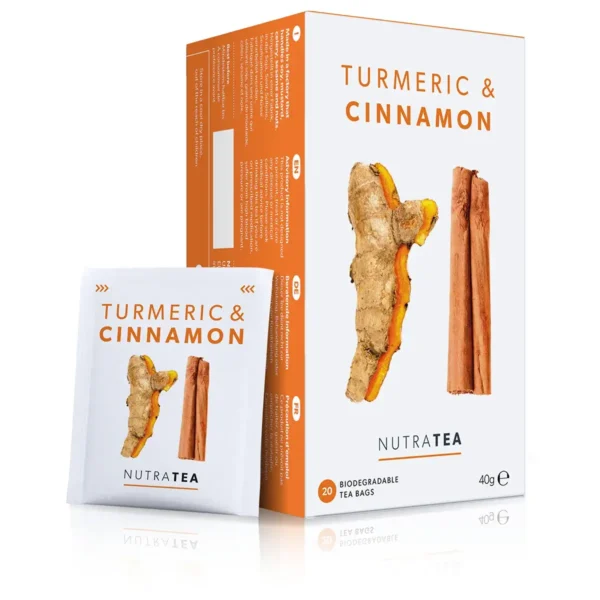NutraBlog
Why Is Turmeric Good for You?

Turmeric has many benefits, from fighting inflammation to supporting our gut health. Read on to discover why turmeric is so good for you.
—
If you spend any time at all looking at natural ways to support your health and wellness, you’ve likely encountered the mighty powers of turmeric. Hailed as the ‘golden spice’ for its many health benefits, as well as its rich colour, turmeric has become one of the most sought-after ingredients in recent years.
But why is turmeric good for you? What is it about this spice that has everyone singing its praises? And does it live up to all the hype?
In this blog post, we’ll take a closer look at turmeric and its main active ingredient, curcumin. We’ll discuss some of the health benefits of turmeric and how you can combine it with other spices to increase its effectiveness.
It’s All About the Curcumin
The main compound in turmeric is curcumin – and the two names are now used almost interchangeably.
Curcumin gives turmeric its rich yellow colour, but it has a much more important role to play too. A powerful anti-inflammatory, curcumin is responsible for many of the health benefits associated with turmeric.
As well as being an anti-inflammatory, curcumin is a strong antioxidant. It has antiseptic and antimicrobial properties, and even helps to balance the microflora in our guts.
What does all this mean for our health? To answer that question, we need to take a quick look at why oxidative stress and inflammation are bad news.
Combatting Oxidative Stress and Inflammation
Oxidative stress is a condition caused by an imbalance between the levels of antioxidants in your body and the level of free radicals. Ideally, your body will be able to keep these levels in balance, but there are several factors that can throw the balance off, including diet, lifestyle, exposure to pollution, and certain medical conditions.
If the level of free radicals in your body gets too high and there aren’t enough antioxidants to neutralise them, you are experiencing oxidative stress.
This isn’t always a bad thing. Exercise can cause short-term oxidative stress, for example, but has many other benefits for our health and wellness.
However, long-term oxidative stress can cause damage to your cells and even your DNA. This can lead to chronic inflammation, and is associated with many health conditions, including cancer, type 2 diabetes, arthritis, heart disease, Alzheimer’s, and Parkinson’s.
Fortunately, we can help to protect our bodies against oxidative stress by making sure we’re getting enough antioxidants through our diets. The curcumin in turmeric is a very strong antioxidant, making it a great spice to use to support your overall health.
Since curcumin also has powerful anti-inflammatory properties, it is often recommended as a natural remedy for conditions associated with inflammation. Studies suggest that it can be useful in easing the symptoms of arthritis, metabolic syndrome, and anxiety – to name just a few.
Curcumin may also help with exercise recovery and easing sore muscles, so turmeric is useful for those who live an active lifestyle too.
Benefits of Turmeric
So, we’ve established that the benefits of turmeric mainly stem from its curcumin content, which helps to soothe inflammation and protect against oxidative stress. But what does this actually mean for our health?
In traditional medicine systems, such as Ayurveda, turmeric is prized for improving digestion, relieving arthritis pain, regulating menstruation, and strengthening the overall body.
Western studies support many of these traditional uses too. Turmeric shows potential as a natural remedy for a range of conditions, including:
More generally, taking turmeric may benefit our overall health in various ways. As well as helping with exercise recovery, turmeric may boost our immune systems, support our digestion, and protect our livers against damage.
How to Take Turmeric
As we’ve hopefully demonstrated, there are plenty of good reasons to make turmeric a regular part of your diet.
Of course, you can always use turmeric in cooking. However, most recipes only call for small amounts of this brightly coloured spice, so it is worth looking for other ways to up your intake.
Because it is so popular as a natural supplement, turmeric is increasingly available as capsules, tablets, and powders. However, we prefer a more enjoyable way of getting extra turmeric, so we recommend opting for a herbal tea that contains turmeric instead.
In particular, you want to look out for teas that combine turmeric/curcumin with black pepper (or its main component, piperine).
This is because curcumin isn’t very bioavailable – in other words, our bodies struggle to absorb it. This changes when we combine curcumin with piperine, which increases the bioavailability of the curcumin by up to 2000%.
So, taking the two together should increase the health benefits of the turmeric.
Turmeric has so many uses that we include it in several of our herbal tea blends.
For joint health, we recommend trying it in NutraBone. People with gout may want to opt for NutraUric, while those concerned with protecting their livers could give NutraLiver a go.
For those conscious of their cholesterol levels, turmeric is an ingredient in our NutraLipid tea. Or if you just want to support your overall health, you might prefer instead to try our flagship Turmeric & Cinnamon blend.


